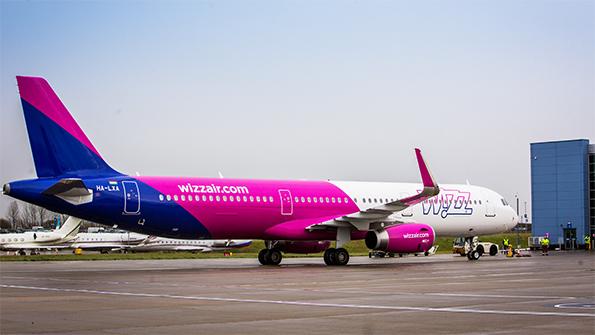
Ask the Editors: The Aviation Week Network invites our readers to submit questions to our editors and analysts. We’ll answer them, and if we can’t we’ll reach out to our wide network of experts for advice.
How has the COVID-19 pandemic changed the outlook for low-cost carriers (LCC)?
Air Transport World Editor-in-Chief Karen Walker responds:
Because the pandemic is global and has effectively grounded at least 80% of the fleets of most passenger airlines, the LCCs are mostly in the same position as any other airline: Their revenues have dried up, and demand for air travel is exceptionally low-to-zero, depending on the region.
Even a very successful LCC such as Ireland-based Ryanair is looking to cut some 3,000 jobs. Ryanair expects travel demand to pick up in the third quarter, but does not see a return to 2019 passenger volumes until 2022.
Southwest Airlines in the U.S.—which benefits from a large domestic market—also expects demand to pick up this year, but foresees brutal fare wars that will make it very difficult to reach profitability.
One of the world’s most financially robust LCCs, Hungary-based Wizz Air, is practically alone in that it is still growing its network and taking delivery of new aircraft. Wizz is convinced there remains a strong future for LCCs.
VietJet, an LCC in Vietnam, is also still going strong, helped by the fact that the impact of the coronavirus has been relatively low in that country.
If an LCC operates within a domestic market, it has a better chance of a quicker recovery. LCCs typically also have the advantage of already having low labor and maintenance costs relative to legacy carriers with large unions and higher costs.
But some experts also think leisure travel—an LCC core—will be slow to return as people postpone vacations either because of concerns about virus transmission or because they have lost their jobs and are spending less.
And government financial aid that has been apportioned to airlines has predominantly gone to legacy carriers. In some cases, such as Lufthansa, the aid comes with a caveat that the government takes or increases its stake in the airline. Some experts believe it will be even harder for independent LCCs to compete with these newly government-owned airlines.
Ultimately, however, LCCs around the world have been among the most entrepreneurial airlines, and many of their ideas and business models have been copied by the legacies—such as ancillary fees. So they are nimble and agile; they will adapt to the pandemic environment and will know how to stimulate demand for air travel.





